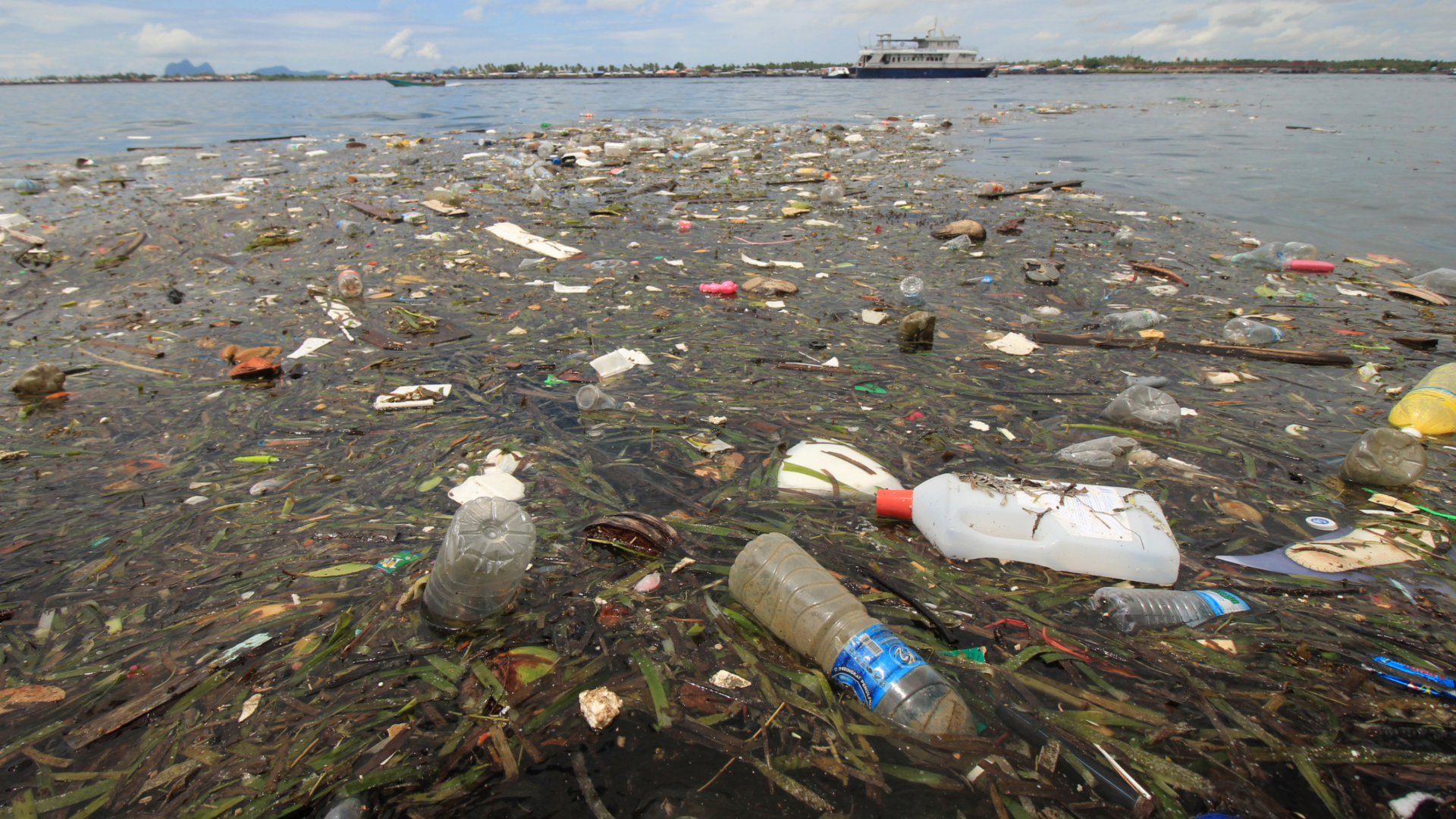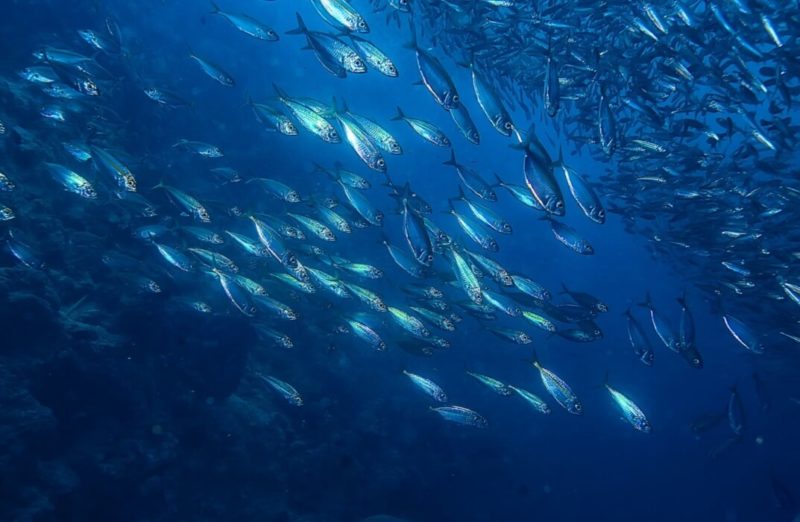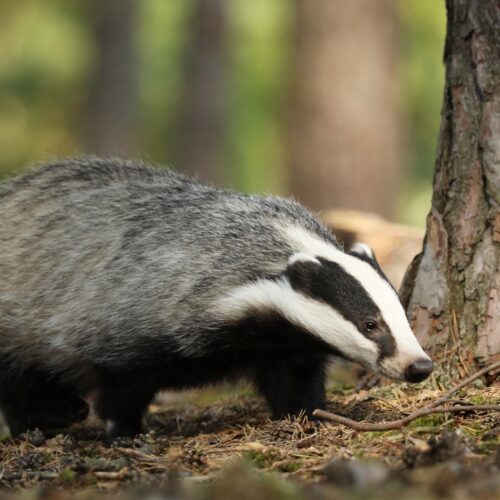The 18th March every year marks Global Recycling Day which was created in 2018 to help recognise, and celebrate, the importance recycling and the circular economy play in preserving our finite primary resources and securing the future of our planet. It is a day for the world to come together and put the planet first.
Humans have consumed more resources in the last 50 years than in all previous history and every year we continue to consume billions of tons of natural resources. At some point, in the not-too-distant future, some will run out. It is not only the resource depletion, but the broader impacts this has on land take, biodiversity, waste, and environmentally damaging emissions, such as gasses with a global warming potential (GWP), that impact on climate change.
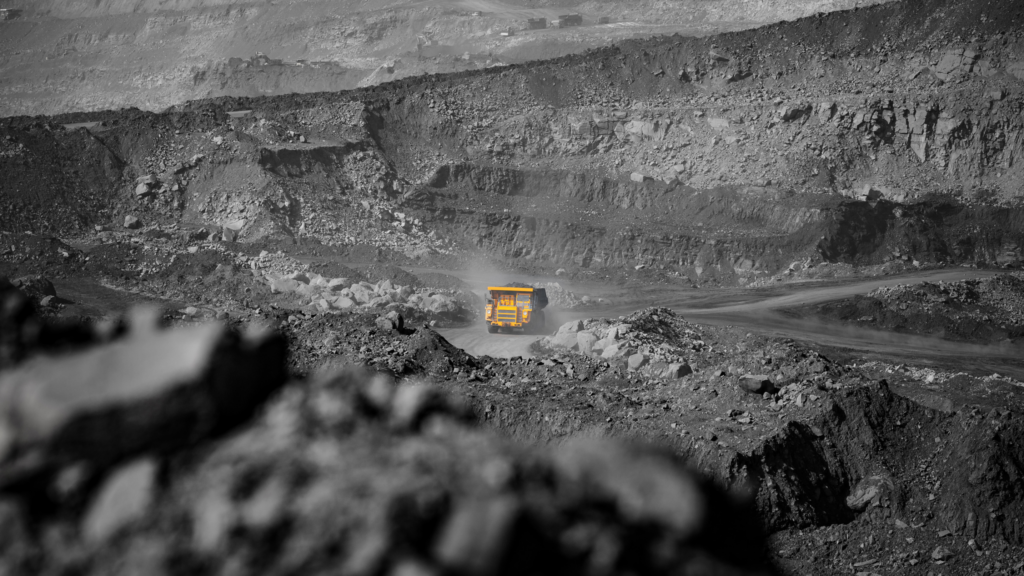
The last decade has been the hottest on record, and we are now facing a climate emergency. If we don’t rapidly make significant changes, we will see continued rising global temperatures, receding ice from our glaciers and polar regions, rising sea levels and more frequent and intense severe weather, leading to more forest fires and further deforestation and loss of biodiversity. This directly affects humanity by increasing poverty, immigration from displaced communities, job losses, waste, and the loss of natural habitats.
Another hot topic is plastic in the environment. Not only does producing one tonne of plastic generate up to 2.5 tonnes of carbon dioxide (CO2) but plastic production has been forecast to grow 60% by 2030 and to treble by 2050. Today, less than a third of all plastic used in the UK is recycled. It is reported that every day approximately 8 million pieces of plastic pollution find their way into our oceans with 12 million tonnes of plastic being poured into the ocean every year. There are now circa 5.25 trillion macro and microplastic pieces floating in the open ocean, weighing up to 269,000 tonnes. This leads to100,000 marine mammals and turtles and 1 million sea birds being killed by marine plastic pollution annually.

There are many reasons why we must think again about what we throw away and stop seeing it as waste, but as an opportunity. Recycling is a key part of the circular economy, helping to protect our natural resources. Each year the ‘Seventh Resource’ (recyclables) saves over 700 million tonnes in CO2 emissions, and this is projected to increase to 1 billion tons by 2030.
Recycling has an important part to play in combating climate change and securing the future of the planet for future generations and is recognised in the UN’s Sustainable Development Goals 2030. Today many individuals, governments and organisations are taking direct action to support recycling and move from linear to circular economy models.
Approximately 1.6 million people worldwide are currently employed in processing recyclables and the annual contribution of the recycling industry towards the global GDP is projected to exceed $400 billion in the next 10 years. $20 million dollars is invested each year by the recycling industry, creating jobs, improving recycling efficiency and reducing the environmental impact.
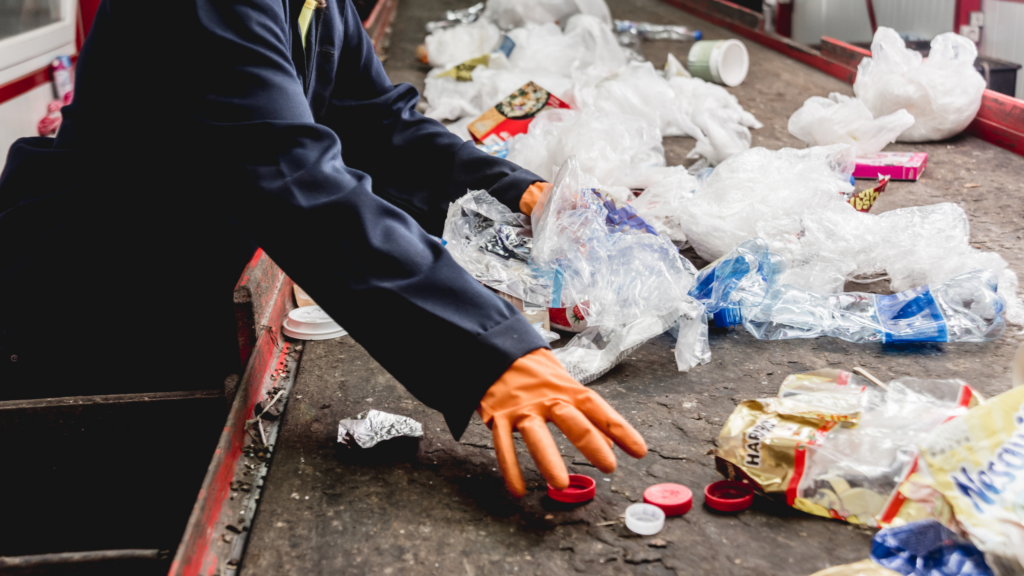
The mission of Global Recycling Day, as set out by the Global Recycling Foundation, is twofold:
- To tell world leaders that recycling is simply too important not to be a global issue, and that a common, joined up approach to recycling is urgently needed.
- To ask people across the planet to think resource, not waste, when it comes to the goods around us – until this happens, we will not realise the true value of recycled goods.
Recycling is an essential activity and something we can all play a part in. It really is time to stop living on this planet as if we have another one to go to…we don’t.
To find out more about Thomson’s sustainability strategy and how we can help other businesses develop their own visit our Climate Change and Sustainability page or contact our Associate Director for Climate Change & Sustainability, Andrew Frost.
